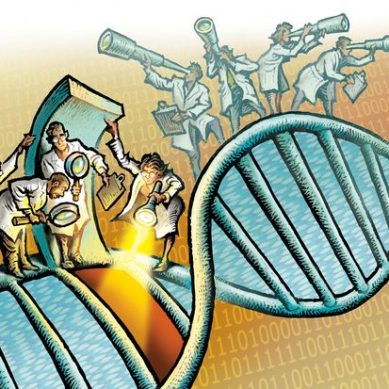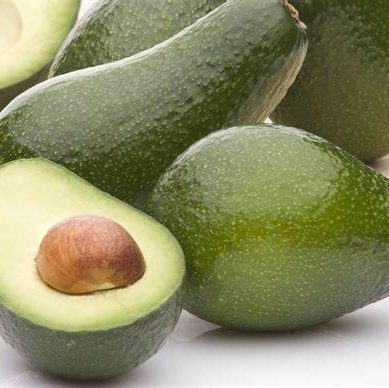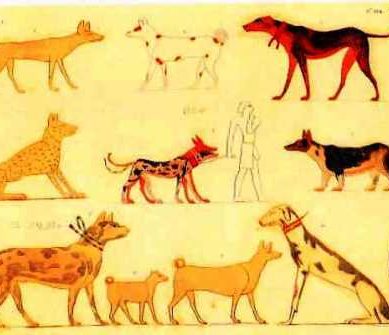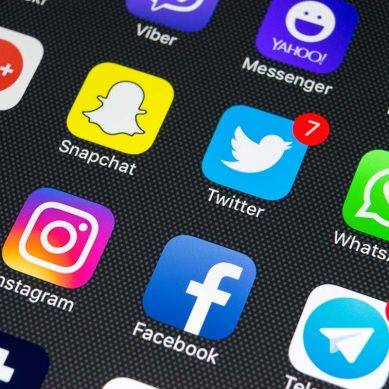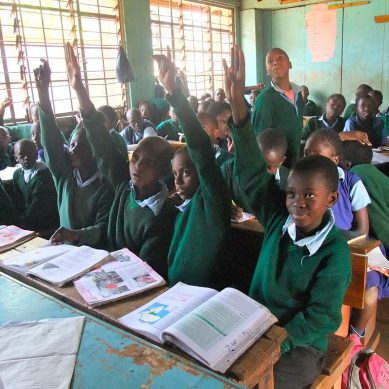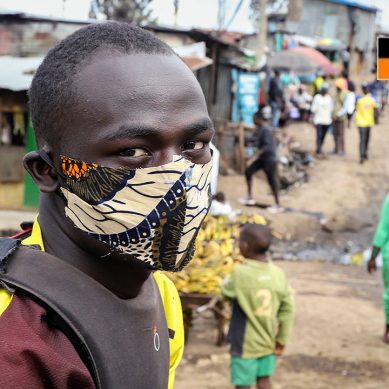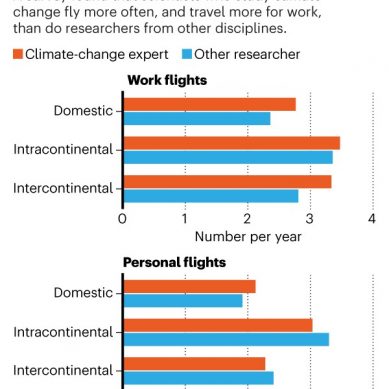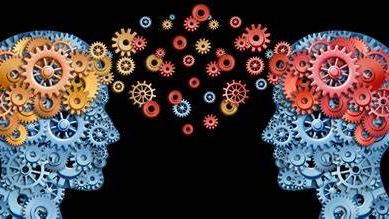10,000 reasons why you are tall or short
For height, DNA is largely destiny. Studies of identical and fraternal twins suggest up to 80 per cent of variation in height is genetic. But the genes responsible have largely eluded researchers.Now, by amassing genome data for four million people—the largest such study ever—geneticists have accounted for a major share...
Racism is baked into patent systems
In July 1999, representatives of Amazonian Indigenous groups arrived at the headquarters of the US Patent and Trademark Office in Alexandria, Virginia, to challenge a patent on the ayahuasca vine.Indigenous peoples had cultivated ayahuasca for its medicinal and other properties for generations. How could someone in the United States have...
Criminal gangs thirst for control of avocado trade in Kenya, southern Africa
As Kenyan fruit farmers get ready to take advantage of the expanding avocado market in China and other Far East countries, the Global Initiative Against Organised Crime warns about the emergence of the crop as a target of the criminal underworld in eastern and southern Africa. In the past six-month...
Ancient dog DNA reveals 11,000 years of canine evolution
Human history is for the dogs. The largest-ever study of ancient genomes from the animals suggests that where people went, so did their four-legged friends — to a point. The research also identified major regional shifts in human ancestry that left little mark on dog populations, as well as times...
How the next-generation bots is interfering with the US election
Social-media platforms such as Twitter were used to sow discord in the United States in the run up to the 2016 presidential election, according to a report finalised this year by the US Senate. Russian operatives used tools such as bots — automated accounts that share content — in an...
Why schools are unlikely coronavirus hotspots
Data gathered worldwide are increasingly suggesting that schools are not hotspots for coronavirus infections. Despite fears, Covid-19 infections did not surge when schools and day-care centres reopened after pandemic lockdowns eased. And when outbreaks do occur, they mostly result in only a small number of people becoming ill. However, research...
Analysis: How the experts messed up on coronavirus
Masks work? NO.” Scott Atlas, a member of Donald Trump’s coronavirus task force, wrote a tweet the Saturday before last that opened with these words — only to find it deleted by Twitter a day later. In the offending tweet, Atlas had written that the World Health Organisation (WHO) and...
Irony of climate scientists flying more often than other researchers
In recent years, a growing number of climate-change researchers have made the conscious decision to reduce their carbon footprints by avoiding air travel or flying less. But an analysis suggests that, despite these efforts, climate researchers travel and fly more than those who work in other disciplines. The study, published...
Nigeria’s Okonjo-Iweala wins WTO director-general seat
Nigeria’s former finance minister and a former managing director of the World Bank, Dr Ngozi Okonjo-Iweala, has become the first female Director-General of the World Trade Organization (WTO), shattering the glass ceiling. Okonjo-Iweala broke the glass ceiling, emerging as the first African and the first female to attain the position...
Lab-brain: Fuzzy definitions and ethical concerns
Some scientists think it is futile to even try to identify consciousness in any sort of lab-maintained brain. “It’s just impossible to say meaningful things about what these bunches of brain cells could think or perceive, given we don’t understand consciousness,” says Steven Laureys, a neurologist at the University of...




